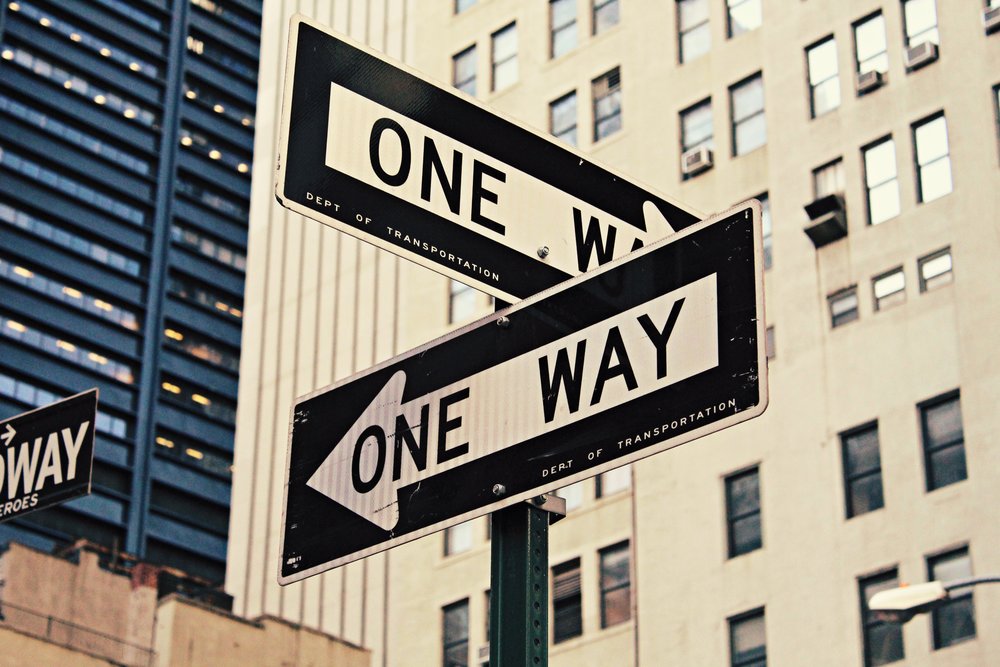The best sales people get this: when it comes to closing a deal, it’s never about a “Yes” or a “No”, it’s about arriving at an answer; while Yes is what a salesperson strives for, No comes in at a very close second.
The ONE thing sales people absolutely, unequivocally hate, is “Maybe.”
Maybe’s suck up time. They involve checking in, wishful thinking, and holding on to a glimmer of hope when it may not be there. Maybe’s waste time, energy, and mental fortitude much better spent elsewhere. At least with a Yes or a No, you have an answer, you can move on.
And for successful salespeople, moving on means newer and better opportunities.
Let’s Talk About YOU
Now, let’s remove sales out of the equation. I want you to extrapolate this concept to your own day-to-day decision-making. Each and every day you’re tasked with decisions that, for the most part, are very small impact items — am I going to go to this dinner party? Should I go on this date? etc. etc. Very rarely is the decision am I going to buy this house, marry this person or sell this business.
Yet, as small of a decision as it might be, it baffles me at how many people do not choose to commit to an answer. How many respond with “I might”, “Maybe” or the notorious, you go silent!? It’s common. And it begs the question, why do we do this?
We too often intentionally place ourselves in a limbo-state when opportunities present themselves. Is it because we genuinely don’t know or is it because deep down we’re afraid of the outcome?
What I’m trying to say is, whether you say Yes or No is subordinate to being bold, making a decision, and committing to it. Don’t keep yourself in the realm of “what if” and don’t do it to others. Do it for yourself and for the courtesy of the people around you.
And here’s what I’ve found, the quicker you can make a Yes or No decision, the more opportunities come across your table.
Learning to Say No
What if you don’t want to hurt the other person by saying No?
I want to begin to help you reframe your concept around saying No. No’s are a good thing. Telling someone “No” conveys a sign of respect. It may not be the answer they are looking for, but it tells them they are worthy of an answer. It also provides them with the clarity to look for an alternative. If you are purposely leaving someone in the dark because you’re afraid of giving a response, I can promise you are likely doing more harm than good.
I’ve been accused of my communication style being blunt at times but I rarely get accused of leaving a person in the dark. I’m honest with my response because I respect the person making the ask.
At the end of the day, whether it’s Yes or No, make a decision. The right answer is never about the pain or reward, but how you approach the decision-making process and your commitment to follow through. There will always be hard choices to make. You will always look back and wish you could change an answer in the past, but I promise you, the quicker you make your decision-making process, the more opportunities will come across your table.
Let your Yes’s be Yes, your No’s be No, you’ll be rewarded in the long-run.
